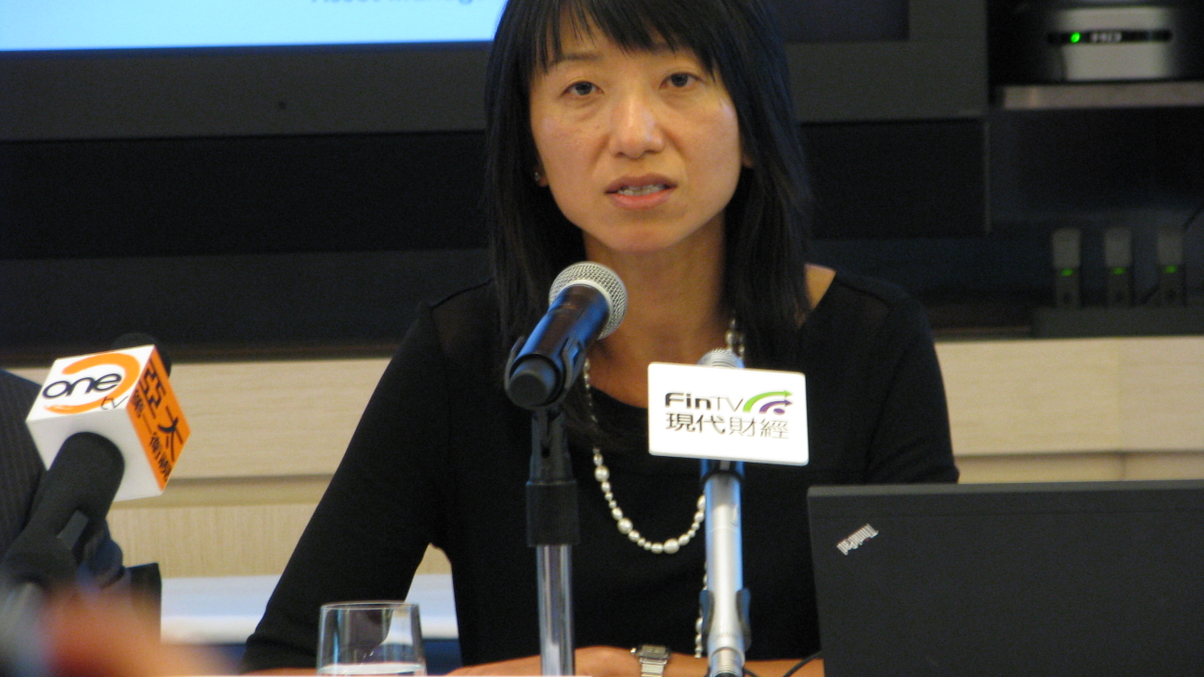JP Morgan AM seeks RQFII licence, reopens A-share fund
After receiving $150 million in QFII quota in May, the US fund house is seeking retail money for its $710 million JP Morgan China Pioneer A-Share Fund.

Following a recent exodus from Chinese stocks, JP Morgan Asset Management is planning to boost its investment into A-shares, and recently applied for a renminbi qualified foreign institutional investor (RQFII) licence.
Sign in to read on!
Registered users get 2 free articles in 30 days.
Subscribers have full unlimited access to AsianInvestor
Not signed up? New users get 2 free articles per month, plus a 7-day unlimited free trial.
¬ Haymarket Media Limited. All rights reserved.


